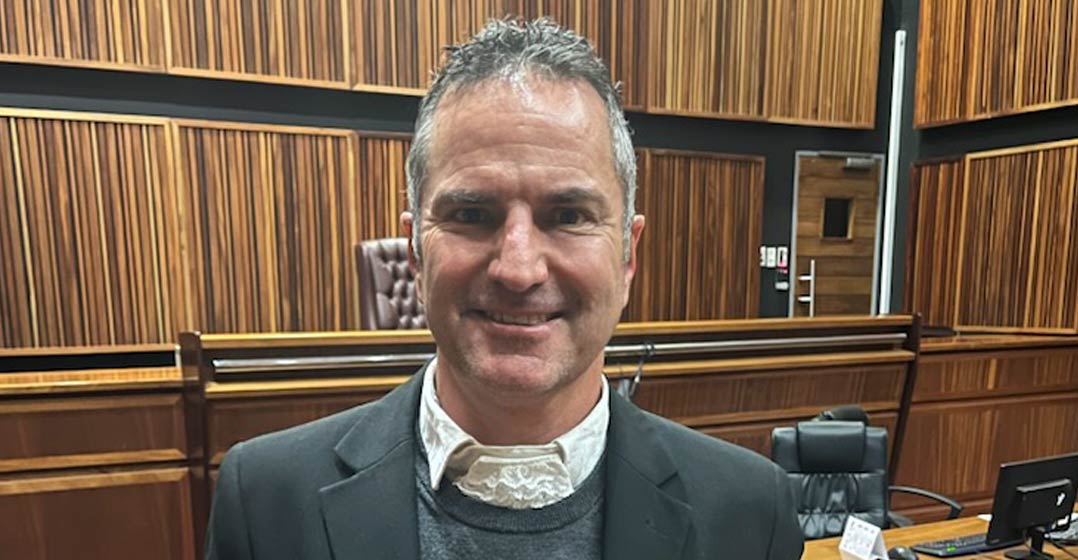South Africa’s Legal Practice Council (LPC) is developing an AI policy framework to govern how legal professionals use artificial intelligence when doing their work.
The move comes after two cases – Mavundlela vs the KwaZulu-Natal MEC of cooperative governance & traditional affairs and Northbound Processing vs the SA Diamond and Precious Metals Regulator – were referred to the LPC due to their inappropriate use of generative AI tools.
In both cases, AI used for research “hallucinated” (fabricated) non-existent case law, which was then cited as precedent to support the arguments presented in court.
LPC deputy chair Llewellen Curlewis told TechCentral that such use of AI amounts to serious misconduct that could lead to legal practitioners being disbarred. The LPC regulates the affairs of lawyers, attorneys and candidate legal practitioners. Its code of conduct must be adhered to by all legal practitioners in South Africa.
“We are busy looking at guidelines or a policy document that we will distribute to all legal practitioners, to which they will have to adhere,” said Curlewis. “It’s not an easy task to get to the point where we have a uniform approach that can be applied across the board, but we are speaking to experts and we will get IT specialists involved as well.”
The doctrine of precedence – the principle of following prior legal decisions in similar cases – is one of the core principles of South Africa’s legal system. Precedence ensures stability in the legal system by helping maintain consistency in judicial reasoning and how the law is applied.
‘Must be verified’
According to Curlewis, the use of non-existent case law, especially in the unfortunate event that it influences an erroneous judgment, could have repercussions for the legal practitioners involved as well as the criminal justice system at large. Curlewis said the LPC does not distinguish between the intentional and unintentional inclusion of misleading AI material in court documents.
“What will happen is that it will undermine the principles and values of not only the constitution but also the criminal justice system at large. The integrity of the justice system depends on the honesty and diligence of its officers. What we are seeing now is the unethical and unverified use of AI. As far as we are concerned, every output from AI must be verified for accuracy before it can be included in any legal submissions made before a court of law,” said Curlewis.
Read: How SA educators are fighting the AI cheating scourge
Although the stakes are high, he acknowledged that developing a sound and enforceable AI framework is not easy, especially since the technology is so new and different that even governments are struggling to regulate it effectively.

An October 2024 report by TechCentral highlighted the opposing perspectives by technology experts on AI regulation. Some believe regulation should be limited so innovation and productivity are allowed to flourish, while others say AI should be reined in before it causes irreparable harms to society.
The disruptive impact of AI tools continues to reverberate across industries; however, some have been harder hit than others. In academic circles, AI has made teaching easier but at the same time made accurately assessing individual progress much more difficult due to AI cheating. Curlewis said LPC plans to work closely with experts in academia.
Read: South Africa publishes national AI policy framework
“The universities deal with this problem on a daily basis; it is not a thing that is unique to the legal industry. In fact, I think it is more prominent in the academic debates out there, so we will take guidance from their experience as well,” he said. – © 2025 NewsCentral Media
Get breaking news from TechCentral on WhatsApp. Sign up here.
Don’t miss:
South African lawyers in big trouble for allegedly using AI to draft court papers



